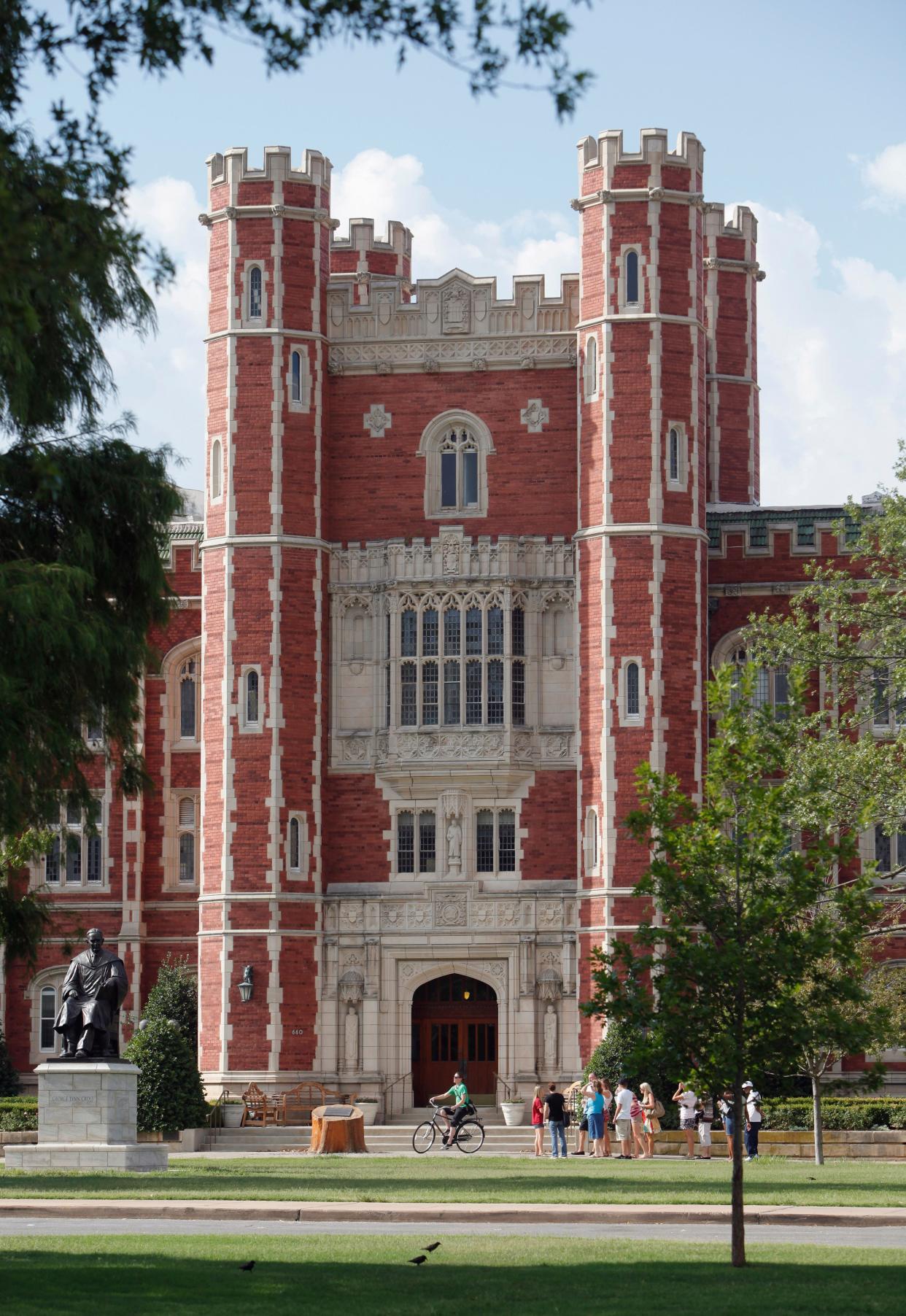Suspect in 1996 beheading near OU sent back to mental health agency for treatment

NORMAN — A delusional man accused of a beheading in 1996 has been recommitted to the Oklahoma Department of Mental Health and Substance Abuse Services for further treatment.
Cameron Lee Smith, 61, was released last May from a state mental hospital. He has been diagnosed as having schizophrenia and an antisocial personality disorder.
He is one of five murder suspects discharged over the last two years by the state's mental health agency. They had been committed after being found to be mentally incompetent in their criminal cases.
All five were recharged.
Smith's release came after he was "deemed by medical staff to no longer be an 'immediate threat' to the community," prosecutors complained in a news release.
"Our office has refiled a charge of Murder in the First Degree seeing as there is no statute of limitations for murder and there is a concern for public safety," prosecutors said last year.
Cleveland County Special Judge Nathaniel Hales dismissed the charge Jan. 11 after prosecutors reported Smith was incapable of achieving competency.
Prosecutors also told the judge separate civil commitment proceedings had been initiated. Those mental health filings are confidential.
Smith was first charged in 1996 after a neighbor was stabbed to death and beheaded at a Norman boarding house just north of the University of Oklahoma.
He put the victim's head in a backpack and carried it to a dumpster, police reported. Witnesses said he was naked.
Police said he admitted to killing his neighbor, Roydon Dale Major. The victim was 44.
His original case was dismissed in 2005 after a new competency law went into effect. He has spent most of his time since his 1996 arrest undergoing treatment at the Oklahoma Forensic Center in Vinita.
He was sent last year to Griffin Memorial Hospital in Norman and then discharged from there May 12. Prosecutors first learned from his sister he was to be released. She had thought he was still in Vinita.
"She sent him a care package," Cleveland County District Attorney Greg Mashburn said last year. "It got returned. She called up there. They said, 'Oh, he's been moved to Norman for release.' That's when she called us.
"She ... did not want to see him on the outside. She loves her brother, wants him to be fine, just knows that he's still a risk to be out in the community."
The DA said last week the new commitment order makes clear that the court and prosecutors are to be notified before his placement changes.
Suspect claims to be over 200,000 years old
The director of forensic psychology at the Vinita center evaluated Smith in October.
The psychologist, Scott Orth, reported to the judge that Smith described himself during the evaluation as having an "alien" father who birthed him "in alien form" and that he has been alive for over 200,000 years because he is a "terminator."
Smith also said "I've been in a lot of movies and I'm a famous street fighter," according to Orth's report.
The psychologist noted that Smith's treatment provider at the Oklahoma Forensic Center wrote "he has persistently presented with acute symptoms of delusional thinking and episodic hallucinations" despite many years of treatment and medication.
Orth concluded Smith does meet "statutory criteria for dangerousness." His report shows that there had been a plan to place him at a residential care facility in Boley after his release from Griffin Memorial Hospital.
The releases have put the Department of Mental Health at odds with prosecutors, who say the public is being put at risk.
By recharging the suspects, prosecutors can get them recommitted to a state mental health facility if they are found to be incompetent again.
Officials at the state agency insisted last year they had no choice about the releases.
"There's ... a (U.S.) Supreme Court case that says that you cannot hold somebody with mental illness who's no longer dangerous," said Durand Crosby, senior deputy commissioner at the Department of Mental Health.
A criminal defendant is deemed mentally incompetent if he is unable to understand the nature of his charges and cannot assist his attorneys. Most regain competency after treatment.
This article originally appeared on Oklahoman: 1996 Oklahoma beheading suspect returns for mental health treatment

